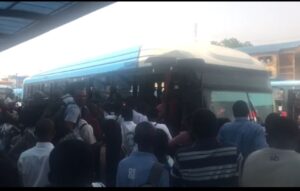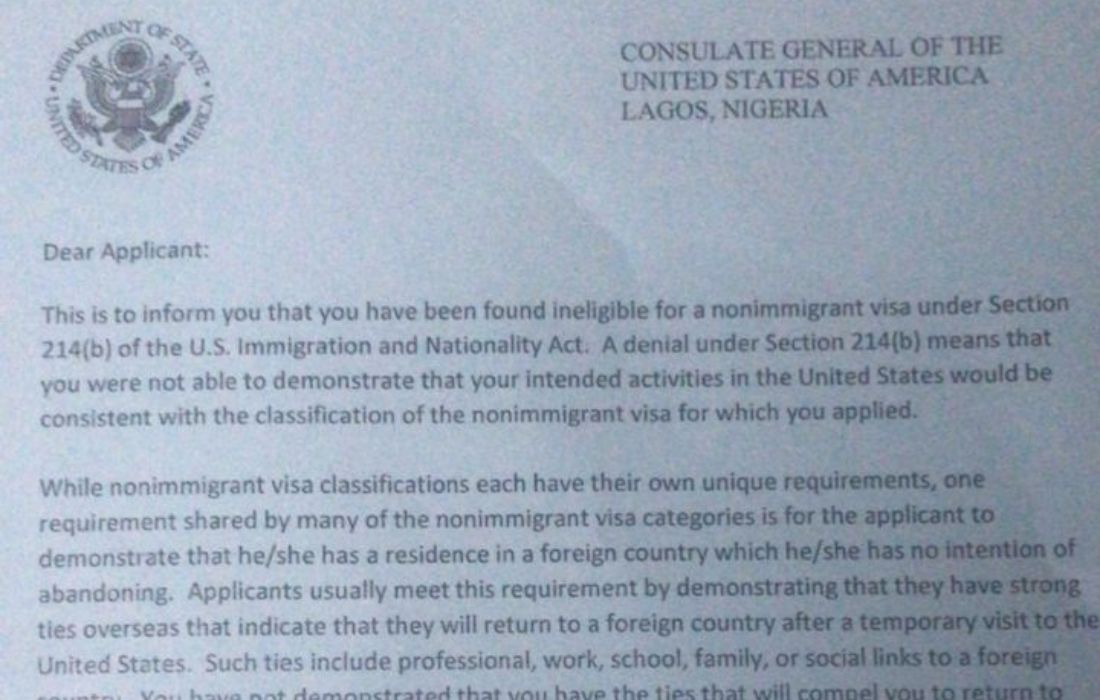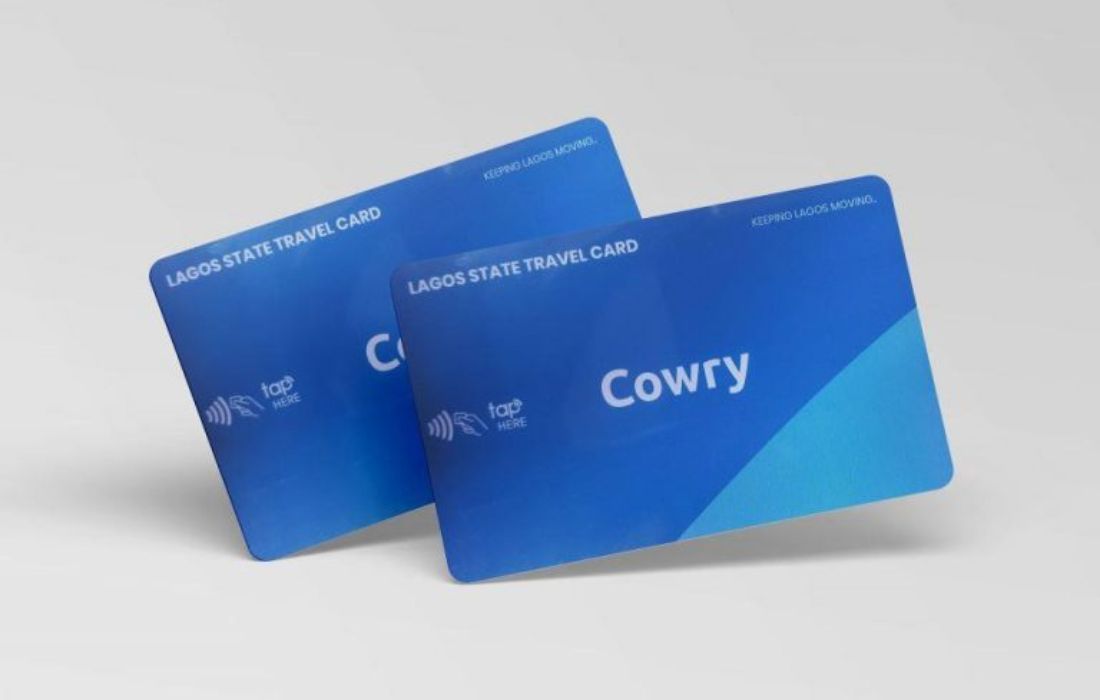A young man, whose identity remains private, had been waiting over a year for his U.S. visa interview. He applied for a B1/B2 visa in 2024, hoping to visit his father, a U.S. citizen, for his birthday. When he registered, the system scheduled his interview for 2025, but the timing still came after his father’s birthday.
“When I filled out the form, my father’s birthday was just a few weeks away,” he explained. “But even when they set my interview in the second year, it still landed after the birthday.”
Despite his clear intentions to visit his father—not to overstay or immigrate—the consular officer denied his visa. He spoke through tears. “I was in shock when I woke up drenched in water, surrounded by my family,” he said.
The young man, a successful businessman with substantial property holdings and a well-established life, had no intention of abandoning his family or his flourishing enterprise. Despite clear evidence of strong ties to his home country, he received a U.S. Visa Denial letter, citing concerns that he might overstay his visit. This unexpected refusal of entry clearance left him heartbroken and confused. The visa rejection notice offered no room for appeal, and the lack of clarity in the denial correspondence added to his distress
This denial has sparked questions about the fairness of visa procedures. Many wonder if the intentions of applicants are often misunderstood. How do immigration policies impact ordinary people who seek to reconnect with family, visit loved ones, or fulfill basic human desires?
As the story spread, it raised concerns about the broader issues of U.S. immigration policy. The young man’s journey, while deeply personal, reflects the emotional and bureaucratic hurdles that millions of hopeful travelers face. How many dreams are deferred due to invisible borders?










